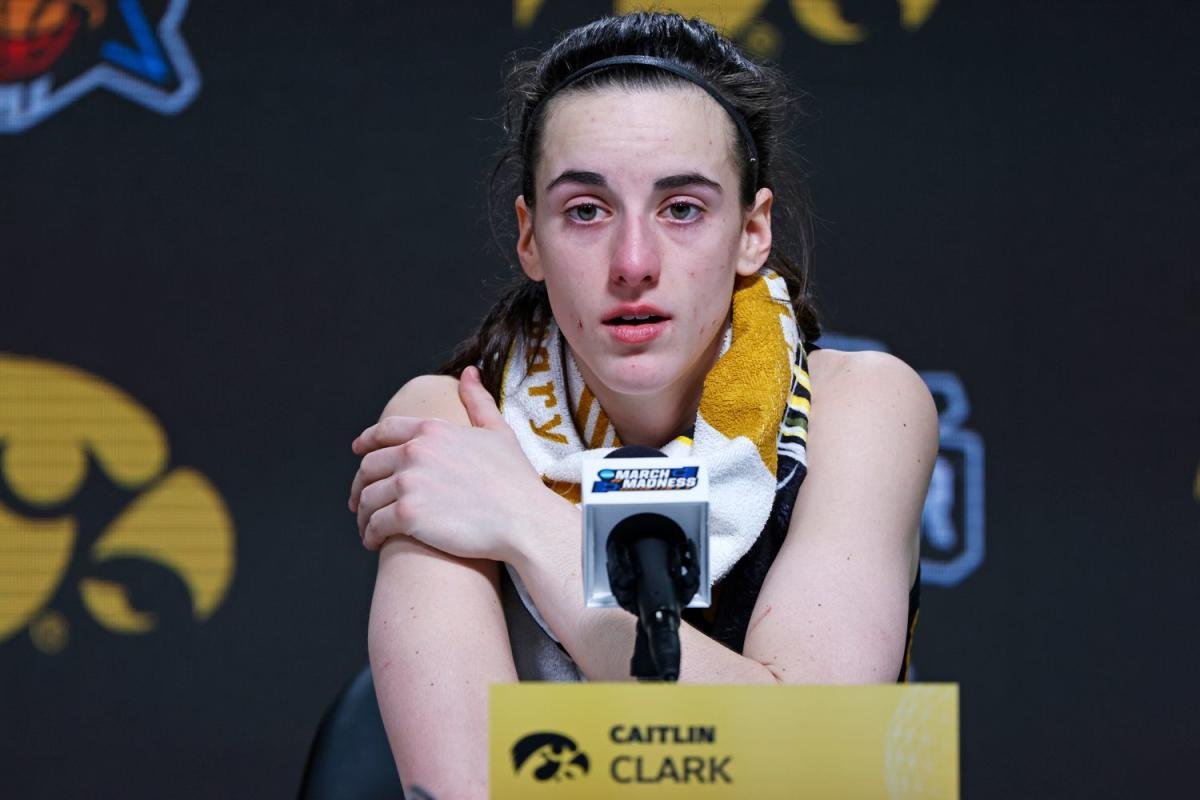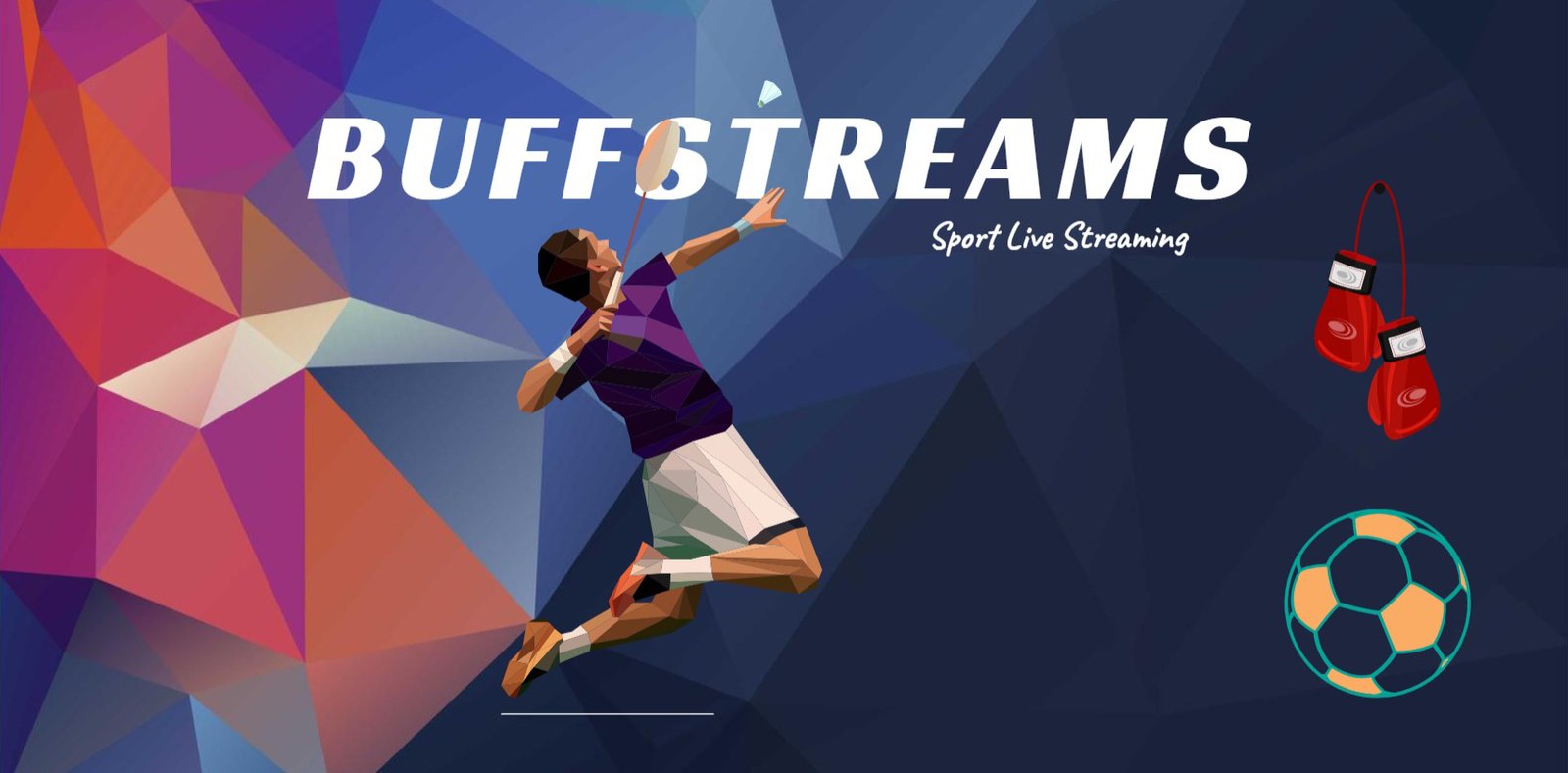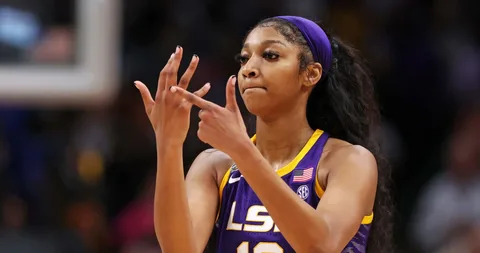Caitlin Clark In today’s hyper-connected world, digital privacy has become an increasingly important issue, especially for public figures like athletes and celebrities. Unfortunately, when private moments are leaked without consent, the consequences can be far-reaching and damaging. One such case that has recently drawn significant attention is the term “Caitlin Clark Shower Leak.” This phrase has ignited a series of conversations about online privacy, consent, and the ethical considerations of sharing personal content without permission. In this article, we will delve into what happened with the “Caitlin Clark Shower Leak,” the legal and social implications surrounding it, and the broader conversation it sparks about digital privacy in the age of social media.
Who is Caitlin Clark?
Before understanding the controversy, it’s essential to get to know who Caitlin Clark is. Caitlin Clark is a standout basketball player for the University of Iowa, known for her incredible skill, scoring ability, and leadership on the court. As one of the brightest stars in college basketball, Clark has earned numerous accolades, including being named a consensus All-American and leading the Iowa Hawkeyes to the NCAA Tournament’s Final Four in 2023. Her combination of athleticism, basketball IQ, and charisma has made her a favorite among sports fans across the country.

However, like many other public figures, Clark’s rise to fame has come with both admiration and unwanted attention. Her talent on the court has made her a role model for young athletes, while her off-court life has become fodder for media and internet users alike. Unfortunately, this is where the “Caitlin Clark Shower Leak” incident enters the scene.
What is Caitlin Clark’s Biography?
Caitlin Clark was born on January 22, 2002, in West Des Moines, Iowa. From a young age, she displayed a significant talent for basketball, quickly becoming a standout player at Dowling Catholic High School. Her determination and skills earned her numerous accolades, leading to her recruitment by the University of Iowa. Clark’s college career has been nothing short of remarkable, making her one of the most recognizable faces in women’s basketball.
| Personal Details | Information |
|---|---|
| Name | Caitlin Clark |
| Date of Birth | January 22, 2002 |
| Hometown | West Des Moines, Iowa |
| College | University of Iowa |
| Position | Guard |
| Height | 6 ft |
| Career Highlights | Multiple NCAA awards, All-American selections |
What is the “Caitlin Clark Shower Leak”?
The “Caitlin Clark Shower Leak” refers to an incident where private, intimate images and videos, allegedly involving Caitlin Clark, were leaked to the internet without her consent. The leaked content purportedly depicted Clark in a private setting, and the footage or images were shared on various platforms across the internet, including social media sites and forums. Once these images were made public, they quickly went viral, attracting significant attention and stirring a mix of support, outrage, and criticism.

While the details of how the content was leaked remain unclear, it is evident that this breach of privacy has caused widespread discussion. The leak was not only a personal violation of Caitlin Clark but also a reflection of the larger issue of how private content can be exploited in the digital age.
The Immediate Fallout
Once the “Caitlin Clark Shower Leak” went viral, the internet erupted with commentary. Supporters of Clark voiced their outrage, condemning the invasion of her privacy and calling for accountability. Many fans and followers took to social media to express their solidarity with Clark, condemning those responsible for the leak and urging platforms to take down the unauthorized content.
However, the leak also sparked a different kind of response. Unfortunately, as is often the case with incidents like this, some users chose to perpetuate the situation by sharing the content further, sometimes with malicious intent. This created a toxic environment where the victim—Caitlin Clark—was forced to deal not only with the invasion of her privacy but also with online harassment.
While the internet’s reactions were divided, one thing was clear: the breach of privacy had serious ramifications for Clark’s reputation, mental health, and overall well-being. The emotional toll of such incidents often goes overlooked, but they can be deeply damaging, particularly for those who find themselves publicly humiliated without their consent.
The Ethical Issues Surrounding the Leak
The leak of intimate images or videos is not just a violation of privacy—it’s a profound ethical issue. At the core of this controversy lies a fundamental question: who has the right to control the dissemination of personal content?
In Caitlin Clark’s case, the leaked content was taken from a private moment, presumably without her knowledge or permission. The fact that it was shared and spread so rapidly without her consent raises serious ethical concerns. It is essential to recognize that everyone, regardless of their public status, has the right to control their own image and decide what is shared with the public. Consent is a key principle when it comes to the sharing of intimate content, and when that consent is violated, the impact can be profound.
Consent and Autonomy in the Digital Age
In the context of the “Caitlin Clark Shower Leak,” it’s crucial to understand the principle of consent in today’s digital age. Consent means the voluntary agreement to participate in an action, and it’s a concept that extends beyond the physical realm. In the world of digital media, consent must be obtained before any private or intimate content is shared. When that consent is breached, as in the case of the “Caitlin Clark Shower Leak,” it not only violates an individual’s autonomy but also disrupts their sense of security and privacy.
For public figures like Caitlin Clark, maintaining control over one’s personal content becomes even more challenging. As someone with a large public following, Clark may feel pressured to share parts of her life in ways that feel authentic to her audience. However, that does not mean that others have the right to invade her privacy, take advantage of her public image, and use it without permission.
The Legal Implications of the Leak
The “Caitlin Clark Shower Leak” is not just a personal violation—it also has significant legal implications. Unauthorized sharing of private content is illegal in many jurisdictions, and the law surrounding such leaks is evolving as more and more individuals become victims of digital privacy violations.
Revenge Porn Laws
In many countries, the unauthorized distribution of intimate images is considered a form of revenge porn, which is illegal. These laws have been implemented to protect individuals from having their personal content shared without their consent, particularly in situations where it may be used to shame, harass, or exploit them. In the United States, for instance, revenge porn laws vary from state to state, but the key tenet is that sharing explicit content without consent can result in criminal penalties and civil lawsuits.
In Caitlin Clark’s case, the leak of private images could potentially fall under these laws, depending on the nature of the content and how it was shared. Legal experts suggest that victims of such leaks should report the incident to the authorities, as well as work with digital platforms to remove the content as quickly as possible. However, the difficulty in identifying perpetrators and the rapid spread of digital content make it challenging for many victims to find justice.
The Role of Social Media Platforms
The responsibility of social media platforms in preventing the spread of unauthorized content is another critical issue raised by this controversy. Platforms like Twitter, Instagram, and TikTok have community guidelines that prohibit the sharing of explicit or harmful content, but enforcement is often inconsistent. In the case of the “Caitlin Clark Shower Leak,” some platforms may have failed to swiftly take down the content, allowing it to spread and continue to harm Clark’s reputation.
Digital platforms face growing pressure to adopt stronger measures to protect users from privacy violations. This includes improving content moderation systems, providing easier reporting tools for victims, and ensuring that those who violate privacy laws are held accountable.
The Emotional and Psychological Impact on Caitlin Clark
While much of the focus has been on the legal and ethical aspects of the leak, it’s important to acknowledge the emotional and psychological toll on the individual at the center of the controversy. For Caitlin Clark, this experience could have far-reaching effects on her mental health, particularly as she navigates the constant public attention that comes with being a high-profile athlete.
The Toll of Public Scrutiny
Athletes, especially women in sports, are often subject to intense public scrutiny, and the invasion of privacy only adds to the pressure they face. The emotional strain of dealing with a leak can lead to anxiety, depression, and a sense of powerlessness. When such incidents occur, it’s crucial for fans and the general public to remember that these are real people, not just figures on a screen, and their well-being matters.
The public response to the “Caitlin Clark Shower Leak” also plays a role in how the situation impacts her emotionally. While many fans have offered their support and condemned the violation, others have used the incident to further their own agendas or engage in harmful behavior. This creates an environment where the victim is continuously re-traumatized, rather than allowed to heal and regain control of their narrative.
Moving Forward: Preventing Future Violations
The “Caitlin Clark Shower Leak” serves as a wake-up call about the need for stronger protections around digital privacy. In an era where everything from personal photos to intimate moments can be shared at the click of a button, it’s essential that society, as a whole, begins to prioritize the protection of personal privacy.
The Role of Education and Advocacy
One of the most important steps in preventing future leaks is education—both for individuals and for institutions. Teaching young people about the importance of consent, respect for privacy, and the potential consequences of sharing intimate content without permission is essential. Advocacy groups can also play a vital role in raising awareness and pushing for stronger privacy laws and protections for individuals, particularly public figures who are vulnerable to exploitation.
Holding Perpetrators Accountable
Finally, the issue of accountability must be addressed. Those who participate in or enable the unauthorized sharing of intimate content must be held accountable for their actions. Whether it’s through legal action, social media regulations, or community-based efforts, creating a culture of accountability is essential in protecting individuals from further harm.
Conclusion
The “Caitlin Clark Shower Leak” is a painful reminder of the vulnerabilities that come with fame in the digital age. While Caitlin Clark is known for her athletic achievements, the leak of her personal content highlights the complex intersection of privacy, consent, and public life. Moving forward, it is essential to have conversations about the protection of digital privacy, the responsibility of social media platforms, and the importance of respecting the autonomy of individuals in both the physical




